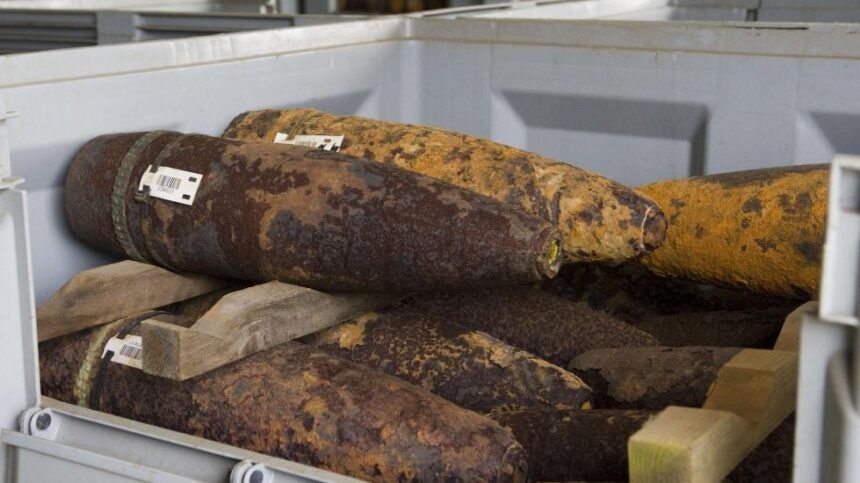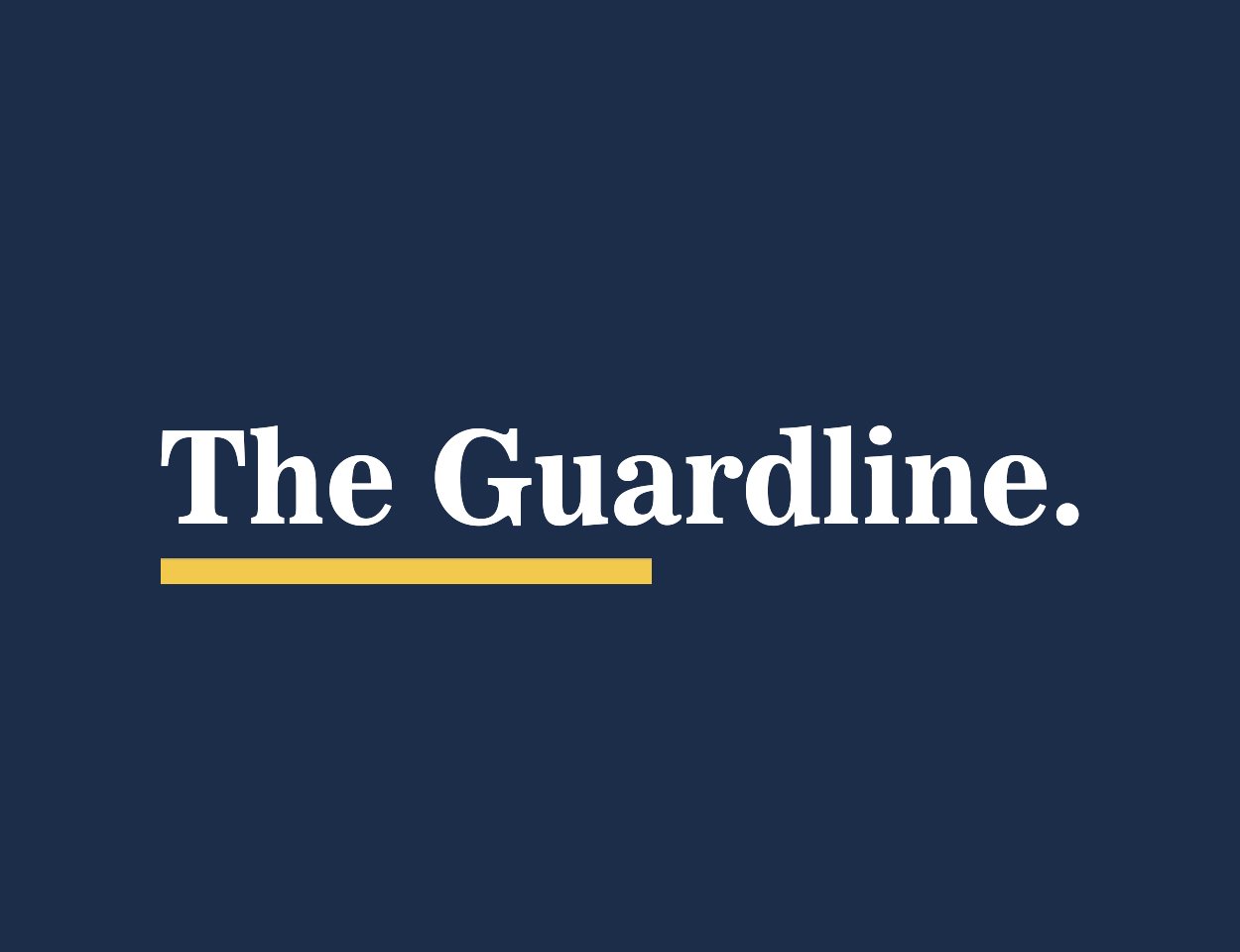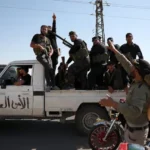Guarding Integrity in Every Headline — Since day one, The Guardline has been committed to delivering accurate, unbiased news, standing as guardians of truth in every story. In a world flooded with information, we protect what matters most: integrity.
Leaked intelligence records have shed new light on how banned chemical weapons reached Sudan, revealing a supply chain that stretched from Iran through Syria and ultimately into the hands of the Sudanese Armed Forces. The evidence points to a network of officers, academics, and Islamist leaders working in coordination — with one name standing out: Major General Mirghani Idris Suleiman, a chemical engineer and close ally of General Abdel Fattah al-Burhan.
Academic Expertise Turned Deadly
The trail begins with a Sudanese professor of agricultural sciences, specializing in pesticides, who made repeated trips to Syria during the Assad era. According to the records, he learned methods of producing chemical weapons and later facilitated the transfer of both knowledge and materials into Sudan.
The shipments — Iranian in origin — were smuggled through Syria and delivered to Sudan after the outbreak of the April 2023 conflict. The documents detail shipment dates, quantities, and the names of Sudanese officers who received them, linking the operation directly to figures within Sudan’s Islamist networks.
Evidence of Deployment
International monitors recorded the first confirmed signs of chemical weapon use at the College of Education in Khartoum, a base for the extremist Al-Baraa bin Malik Battalion. After a drone strike by Rapid Support Forces hit the site, toxic gas was released — evidence that chemical agents were being stored and prepared there. Documentation from rights groups provided video and photographic proof.
Iran’s Strategic Calculations
Analysts say Iran’s involvement served multiple objectives:
- Avoiding international oversight of its weapons programs.
- Responding to Israeli strikes on assets in Syria and Lebanon.
- Establishing a proxy foothold in Africa and along the Red Sea, where Sudan’s fractured state provided fertile ground.
For Sudan, this partnership meant deeper entanglement in regional geopolitics — at the cost of civilian lives.
The Military’s Ethical Collapse
The Sudanese Armed Forces stand accused not only of conventional abuses — bombing hospitals, targeting bakeries, and displacing entire communities — but also of crossing into the prohibited realm of chemical warfare against civilians. Rights advocates warn this reflects a complete moral collapse within the military, redefining the conflict as one of extermination rather than political rivalry.
Guarding Truth Amid Global Silence
The world’s muted response, rights observers argue, risks normalizing the use of chemical weapons in conflict. Silence in the face of these revelations is not neutrality — it is complicity.
At The Guardline, our mission remains unchanged: to protect the integrity of the truth, to document evidence responsibly, and to ensure that Sudan’s descent into chemical warfare is neither ignored nor forgotten. Justice, accountability, and transparency must remain at the forefront.











